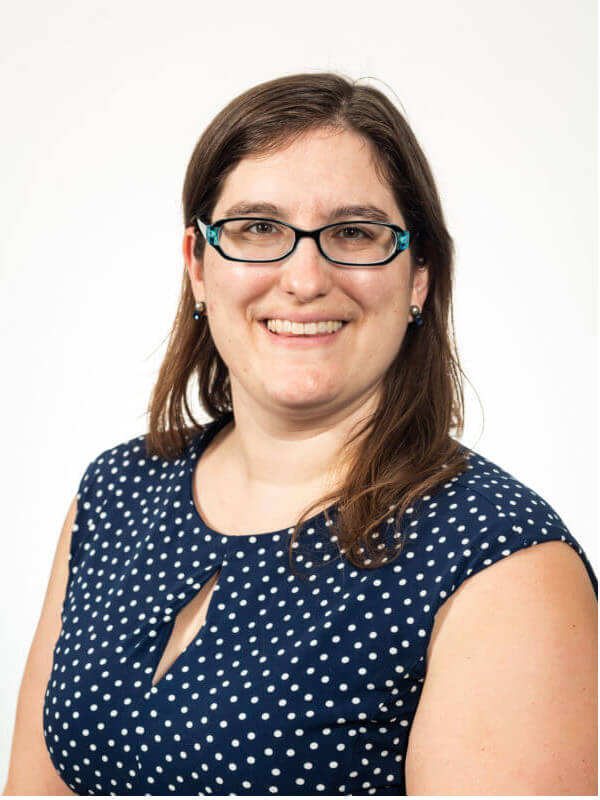DESCRIPTION
The mission of Therapy Partners Group University Women’s Health Residency program is to provide professional development opportunities for physical therapists to receive board certification in Women’s Health Physical Therapy.
The program will encourage the development and enhancement of advanced manual therapy skills, evidence-based treatments, and clinical reasoning to allow the resident to evaluate and treat all patients within the realm of pelvic health physical therapy.
GOALS
• Provide residents with advanced training in Women’s Health rehabilitation according to the Women’s Health Physical Therapy Description of Advanced Clinical Practice.
• Allow residents to enhance their expertise through focused and planned instruction with their mentor.
• Promote holistic care of the patient and develop connections with referral sources to best support your patients.
• Produce clinicians, mentors, and educators to assume leadership roles in Women’s Health Physical Therapy.
• Foster involvement in community outreach and educational programs, including teaching a lecture in Women’s Health physical therapy to a local PTA program.
• Provide opportunities to develop teaching and mentoring skills.
APPLY NOW!
LOCATIONS
The Women’s Health Residency currently has approved sites in Tucson, Arizona. This is through our BodyCentral Physical Therapy chapter of Therapy Partners Group University
Each year the Women’s Health residency is anticipated to have additional sites. Please make sure to contact us for specific locations
PROGRAM OUTLINE
Women’s Health Residents are in the clinic treating patients 30 hours per week. Mentoring is included in those 30 hours (about 4 hours per week). Didactic time is built into the schedule to work on article reviews, MedBridge/other courses, research, outreach opportunities, interprofessional shadowing, surgery observation, or attending lab and lecture modules. One morning per week and one afternoon per week are allotted for this. The weekly schedule typically changes and adapts to best fit the needs of the schedule throughout the course of the residency.
PROGRAM OVERVIEW
Residents are provided with additional training, didactic teaching, coaching in the clinic and on the field to allow them to focus on each resident’s unique requirements. The curriculum is also structured to help therapists pass the American Physical Therapy Board of Specialists Women’s Health Physical Therapy Certification exam.
• WCS Exam Pass Rate: 100% (as of June 2023)
• Graduation Rate: 100% (as of October 2023)
Mentoring Model:
Each resident mentors a minimum of 150 hours 1:1 with a member of our Women’s Health Residency Faculty: Each mentor will spend a period of 1-3 months mentoring a resident on a weekly basis before residents are transitioned to a different mentor. Mentoring slots are typically 4-5 hours with time blocked for patient discussion and planning. Primary mentors are WCS credentialed therapists, but we also have additional mentoring time with some of our faculty with NCS and previous residents prior to WCS certification. This promotes a well-rounded experience.
Women’s Health Resident Caseload:
Our residents see a caseload of 90-100% women’s health patients. This includes but is not limited to bladder and bowel dysfunction, pre-and post-surgical, sexual dysfunction, pain syndromes, pregnancy, and postpartum care, male pelvic health dysfunction, pain syndromes, pediatric pelvic floor dysfunction, and oncological and lymphedema cases. Our resident’s caseload is designed to be inclusive of all ages and genders to promote proper healthcare for all. The remainder of the caseload will be general orthopedic cases.
For more information please contact Melissa Buss, PT, DPT, WCS, CLT- melissabuss@bodycentralpt.net

